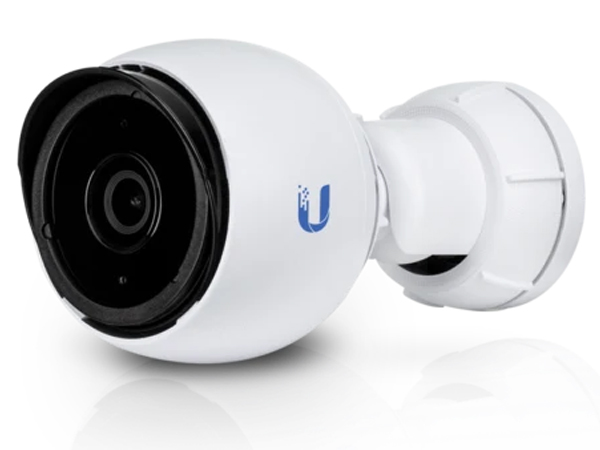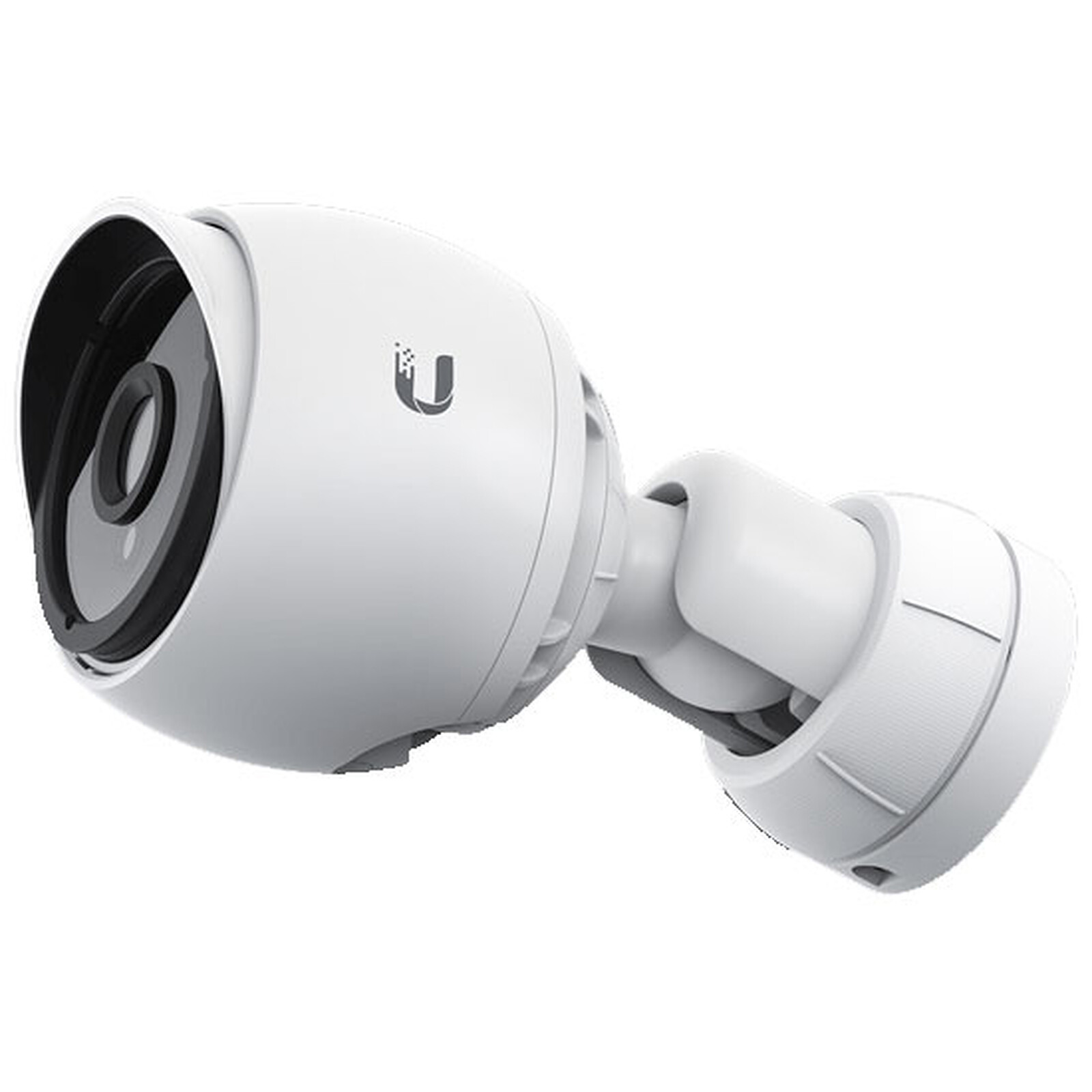When it comes to securing your home, selecting the right camera security system is crucial. With the growing concerns about safety and privacy, investing in a comprehensive security solution is not just an option but a necessity. In this detailed guide, we’ll explore key factors to consider when choosing a camera security system, highlighting technologies such as Ubiquiti products and discussing the importance of door access systems.
1. Assess your Security Needs
Before diving into specific products, it’s essential to analyze your security needs. Consider the following questions:
- What areas of your home require monitoring?
- Do you need indoor, outdoor, or both types of cameras?
- Are you looking for 24/7 surveillance or specific hours?
By answering these questions, you can better narrow down your options to camera systems that fit your requirements.
2. Types of Camera Systems
There are several types of camera systems available:
- Wired Cameras: These provide a stable connection, ensuring consistent video quality. They are suitable for larger homes requiring extensive coverage.
- Wireless Cameras: Easy to install and can be placed anywhere in your home. The flexibility of wireless cameras makes them a popular choice.
- IP Cameras: Internet Protocol cameras offer high-definition video and can be accessed remotely. Many Ubiquiti products fall into this category, providing robust features like remote access and cloud storage.
- Dome Cameras: These are ideal for discreet monitoring and are often used in residential and commercial settings.
3. Key Features to Look For
When selecting a camera security system, consider these essential features:
- Video Quality: Look for cameras that offer at least 108p HD resolution. Higher resolutions provide clearer images, which can be beneficial for identifying faces or license plates.
- Night Vision: Ensure your system has good low-light performance. Cameras with infrared night vision can capture images in complete darkness.
- Field of View: A wider field of view allows for more coverage, reducing the number of cameras needed.
- Two-Way Audio: Many modern systems now offer this feature, which allows you to communicate through the camera, enhancing security.
- Motion Detection: Choose cameras that provide customizable motion detection alerts to monitor activity effectively.
4. Integrating with Smart Home Systems
Many homeowners are now integrating security systems with their smart home technologies. Compatibility with systems like Amazon Alexa or Google Home can provide added convenience. Ubiquiti products excel in interoperability, allowing seamless integration within your smart home ecosystem.
5. Ubiquiti Products: The Smart Choice for Security
Ubiquiti has become a trusted name in the world of technology and networking. Their security cameras and access points are designed to provide high performance and reliability. Some key aspects of Ubiquiti products include:
- Scalability: Whether you have a small apartment or a large estate, Ubiquiti products can scale with your needs.
- User-Friendly Interface: The UniFi application allows for easy management of video feeds, alerts, and system settings, all in one place.
- Advanced Features: Ubiquiti products often include features such as advanced motion detection analytics and cloud storage options.
6. Door Access Systems
In addition to camera security, consider a door access system. These systems enhance your overall security by controlling who can enter your home. Here are some common types:
- Keypad Entry: Users can enter a security code to gain access.
- Smart Locks: These can be operated via smartphone apps, allowing you to lock or unlock doors remotely.
- Biometric Scanners: Advanced systems using fingerprint or facial recognition for added security.
Incorporating a door access system with your camera security setup can create a more secure environment. Some Ubiquiti products integrate with door access features, allowing for comprehensive security management.
7. Installation Considerations
When installing your camera security system, consider:
- Professional vs. DIY Installation: Professional installation ensures optimal placement and configuration, while DIY can save costs but requires tech-savvy skills.
- Placement of Cameras: Ensure cameras are positioned to cover entry points and blind spots effectively.
- Weatherproofing: If you’re using outdoor cameras, they should be weather-resistant to withstand varying conditions.
8. Budgeting
Security systems can vary significantly in price. Establishing a budget ahead of time helps narrow your options:
- Initial Costs: This includes the price of cameras, installation, and any additional equipment.
- Ongoing Costs: Consider cloud storage fees, subscription services, and maintenance costs.
9. Monitor and Maintain Your System
After you’ve set up your camera and door access systems, ongoing monitoring and maintenance are crucial. Regularly update software, check camera angles, and test the functionality of all included features to ensure everything operates smoothly.
10. Making the Right Choice
Choosing the right camera security system for your home involves careful consideration of your specific needs, system capabilities, and budget. By focusing on essential features like video quality, compatibility, and product reliability—especially with reputable brands like Ubiquiti—you can create a solid security foundation for your home. Additionally, integrating a door access system enhances security further, allowing for tighter control over access to your property.
Conclusion
Selecting the right camera security system is not just about buying the most expensive or popular product. It’s about aligning the technology with your unique security needs and preferences. By investing in a thoughtful, well-rounded system that includes reliable Ubiquiti products and a robust door access solution, you will enjoy peace of mind knowing that your home is secure.




